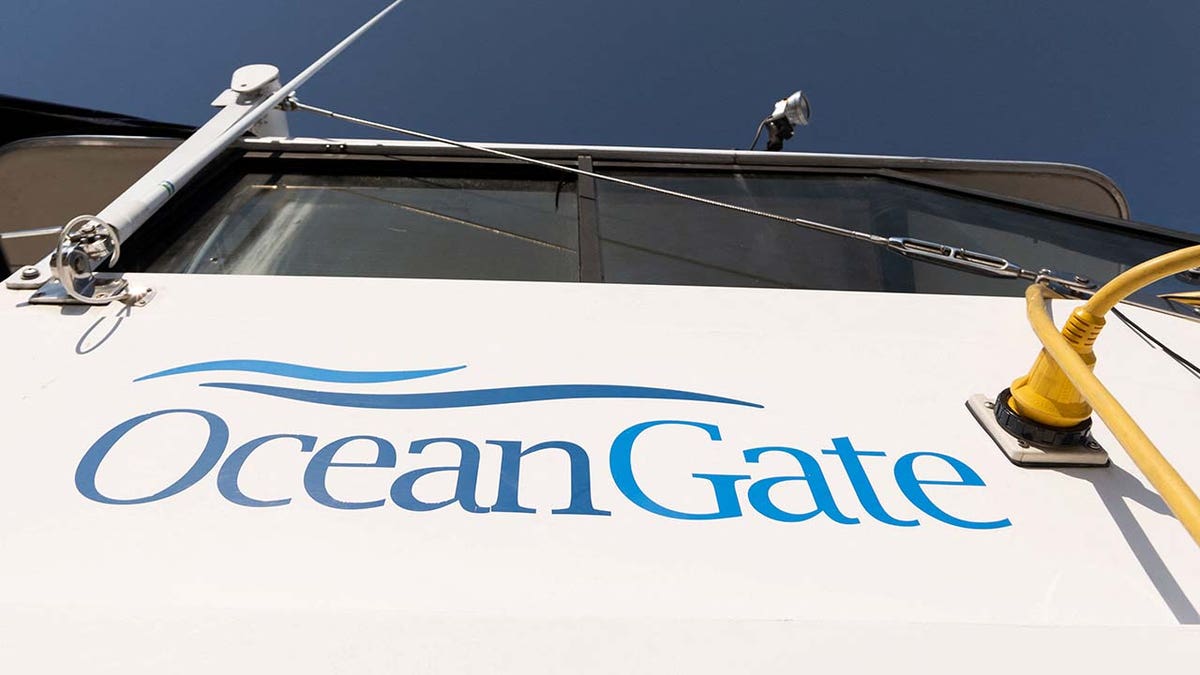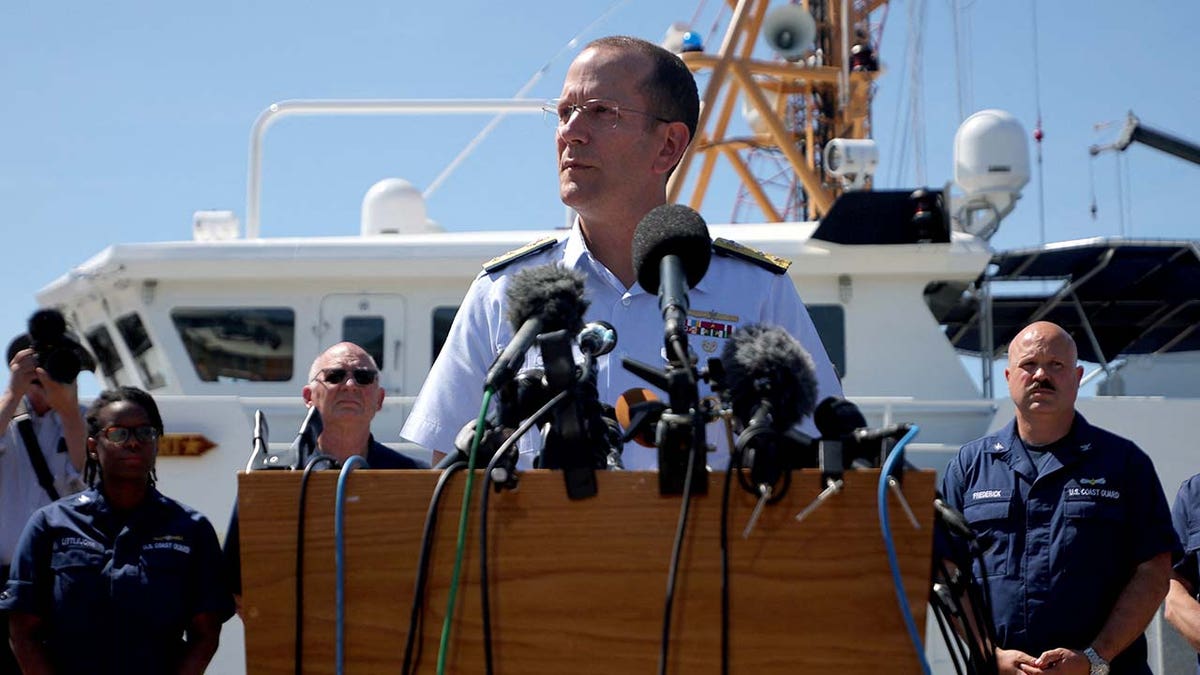The disappearance and subsequent discovery of the OceanGate Titan submersible's wreckage near the Titanic site became a global news story, sparking a wave of reactions, including a disturbing amount of online mockery and negativity. While the world anxiously awaited updates on the rescue mission, social media platforms became breeding grounds for insensitive jokes and commentary, highlighting a darker aspect of human behavior in the digital age.
As the oxygen supply dwindled for the five passengers aboard the Titan, some social media users seemed more preoccupied with crafting memes and making light of the situation than expressing concern or empathy. Jokes referencing the 1997 film "Titanic" and the submersible's video game controller-like operation circulated widely. A sense of detachment prevailed, with some questioning why they should feel sympathy for wealthy individuals who paid a hefty price for the expedition.

This "digital Tower of Babel," as described by Los Angeles Times writer Jessica Gelt, reflects a growing trend of online negativity and the erosion of empathy in the face of tragedy. The vastness and commercial nature of social media contribute to a sense of detachment, where real-world events become fodder for entertainment and self-promotion.
The "eat the rich" sentiment also played a role in the online discourse, fueled by reports of OceanGate's substantial fees and prior safety warnings. The wealth of the passengers, including British millionaire and explorer Hamish Harding, became a target for derision. This anti-wealth sentiment intertwined with the ongoing fascination with the Titanic disaster itself, creating a complex and often unsettling online environment.
Some observers, like technology entrepreneur Lon Safko, characterized this behavior as a form of narcissism, where individuals seek attention and validation through their online pronouncements, regardless of the sensitivity of the situation. The desire for likes and shares can overshadow genuine human connection and compassion.

Beyond the narcissism argument, some analysts pointed to the concept of "schadenfreude" – finding pleasure in the misfortunes of others, particularly those perceived as being in a higher social or economic class. This phenomenon, coupled with the anonymity and reach of social media, can amplify negative reactions and create a sense of collective indifference to suffering.
Amid the negativity, however, voices of admiration emerged, acknowledging the adventurous spirit and courage of the passengers. OceanGate's statement honored their "spirit of adventure," reminding us that the pursuit of exploration and pushing boundaries can inspire as well as generate controversy.
The tragic fate of the Titan submersible and the ensuing social media reaction serve as a sobering reminder of the power and pitfalls of online communication. While the internet can be a source of information and connection, it can also amplify our worst impulses and erode our capacity for empathy. The incident calls for greater awareness and responsibility in how we engage with online platforms and respond to real-world events.








